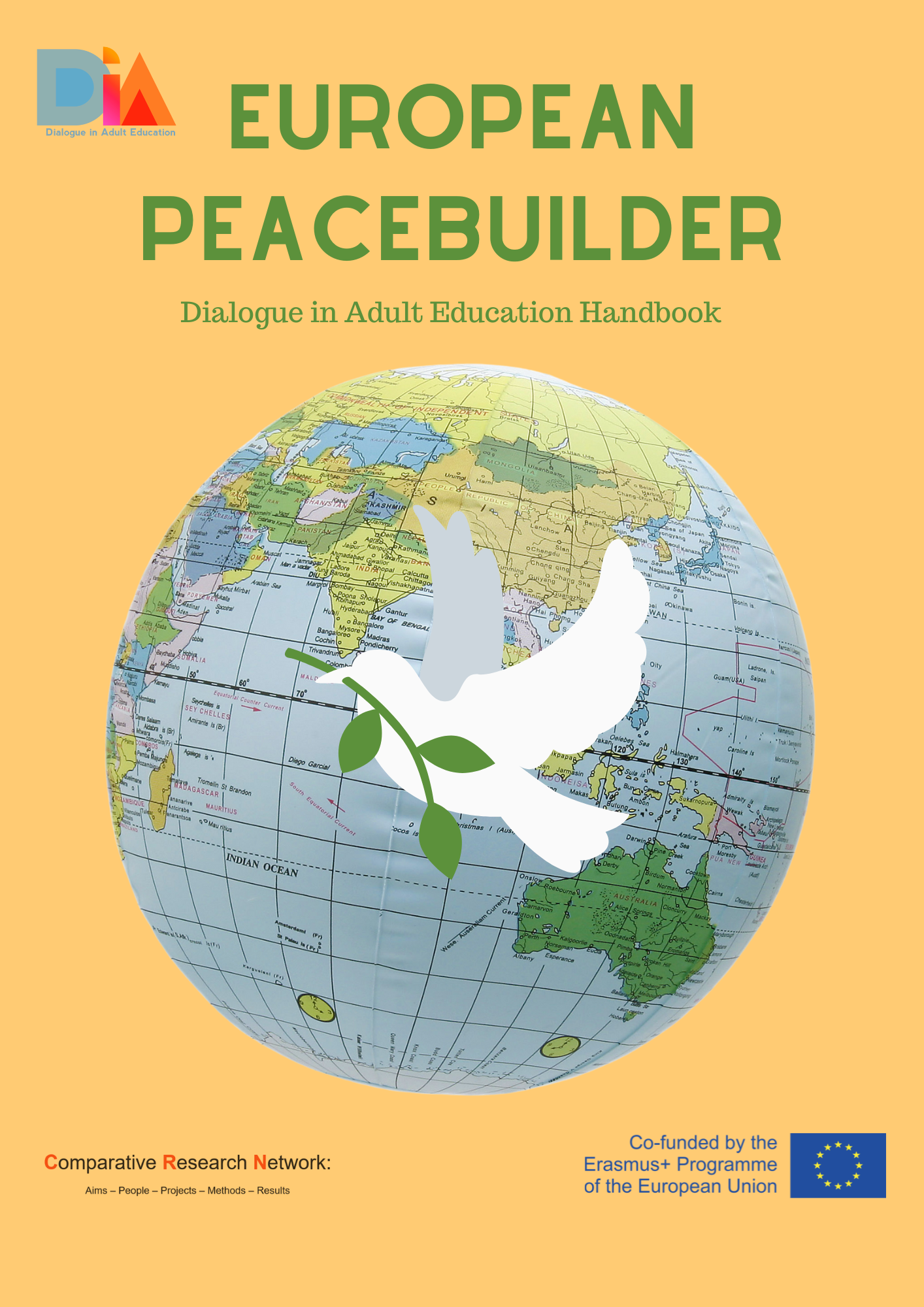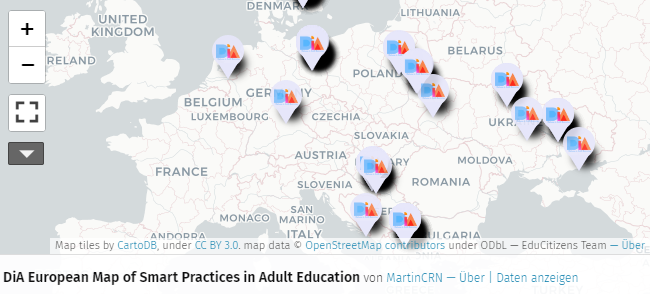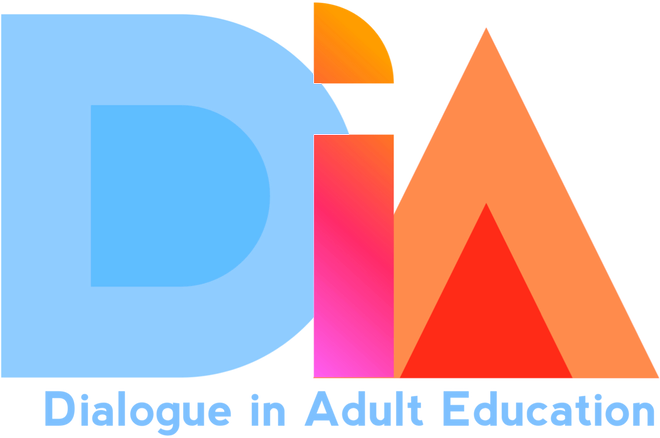DiA is a cross sectoral project addressing the intersection of the key competences of Lifelong Learning through its methodology and partnership. By exploring the diversity of approaches of peace education such as peacebuilding, active citizenship, structured dialogue, and conflict resolution, social inclusion etc., our project will contribute to the development of educational methods teaching new skills leading to social innovation.
The main patterns of EU peacebuilding practices pursued in the Instrument for Stability (IfS). This instrument was conceived as the Commission?s response to the demands of the greater EU`s involvement in conflict prevention and peacebuilding activities, following the notion of increased governance.
The approach of governance is underlined by empowering local actors and citizens to participate in policymaking by improving adult civic education, as reflected in the Europe 2020 strategy and within the Erasmus+ objective to strengthen civic education for adults.
The pre-assessment of the needs In the partnership found various scenarios, where peace education is needed:
A. External Conflicts, with implications inside the EU
– Dealing with refugees and military conflicts in the EUs? Neighborhood (Ukraine, Syria, Libya etc.)
– Helping to integrate traumatised refugees into host societies in Europe
– ?Imported? conflicts in migrant population (such as Turkish vs. Kurds)
B. Internal within the EU
– Reconciliation in the Balkans (Croatia, North Macedonia)
– the frozen conflict on Cyprus
– Minority Issues
– Political and religious extremism
– Negotiating social integration between different social groups
C. Empowerment of EU Citizens
– Creating new spaces for dialogue between decision makers and citizens
– Analysing how to involve groups, which obstain the democratic process
– Creating dialogue between social and ethnic groups
– Creating dialogue between EU citizens in different countries to support a stronger cohesion within the EU
The project is targeted on trainer, teacher and learner in all education sectors, staff and learners within the partnership, stakeholders and associated partners.
The indirect target groups are the usual groups, the partners work with:
Adult learner and educators, refugees and migrants, refugee women, socially excluded children and young people, IDPs, youth leaders, students, women, NGOs, journalists, local authorities, Students, relevant ministries and agencies.
The overall aim of DiA is to identify the main areas where peace education can contribute to help adult education institutions to mitigate conflicts, help to support community building and foster mutual understanding and social dialogue by turning citizens into bridge builders in their communities, and to gather and discuss smart practices and methods reflecting each of these areas. In order to achieve this main goal the implementation phase of the project will lead to 5 main results.
Result 1: elaboration of at least 80 smart practice evaluations on peace education methods in the different sectors (youth, schools, adult) based on a commonly approved evaluation grid.
Result 2: Organisation of 2 Impact Trainings. During the trainings the collected methods will be discussed, their transferability will be tested and finally the methods will be implemented outside the project.
Result 3: The smart practices evaluation and the two trainings will lead to the identification of a large number of practices, that will be gathered and presented in an interactive map of European Peacebuilders, functioning as a database and methods toolkit
Result 4: The DiA consortium is composed by partners who are all actively engaged in teaching and training
Result 5: A European eBook on peace education for adults. The eBook will be the main dissemination product of the project. It will summarize the 50 most relevant smart methods, recommendations and inputs.
DiA will implement two joint short innovative co-creation impact trainings. Co-creation typically involve hands-on activities in which a group of peers expresses experiences and explores potential solutions in a tangible way.
Collaborating in this way provokes discussion and creates valuable insights. Impact trainings are a way to improve quickly the methodology of educators in a specific group/topic. The aim of these four-day programs is to improve quickly teaching in a very specific area.
The training is developed based on the participants? normal way of working and adds improvements to this. We don`t strive for big changes, but for important improvements in the overall teaching.
The training is based on the knowledge and experience of the participants.
DiA will contribute with its open access practice s collection, the eBook and the digital map of European
Peacebuilder to a more equal access to knowledge, by providing a new approach of participative learning, permitting to cross cutting skills and competences from different sectors.










